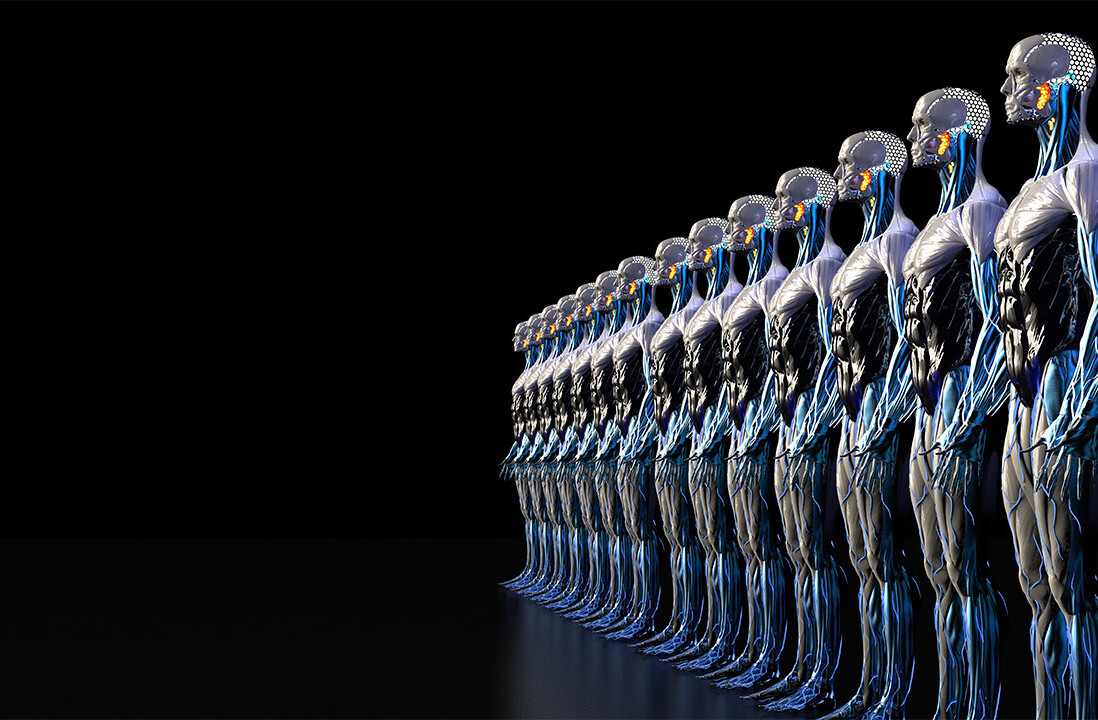
Of all the tools available to archive the past, social media could prove the most detrimental.
Take Instagram. Imagine explaining to your children why an image taken in 2017 has the same desaturated colors as one taken in 1975. The photo is essentially a copy of one they might see from generations earlier, taken by your grandparents and featuring your mother or father as toddlers.
Or there’s Snapchat. Yes kids, this is your grandma on the night I met her, ignore the dog ears, nose, and tongue. Wasn’t she beautiful? Worse, imagine wedding footage pulled from Facebook Live and re-watched during a 50th anniversary celebration, complete with Facebook reactions floating across the screen.
For thousands of years, we relied on spoken word as a means to pass stories from one generation to the next. Later, we progressed to physical archival on scrolls and rock, audio recordings, and then video. Now, we have the means to preserve each of these (save rock archives) in our pocket.
The impact of this is massive. Each person with a smartphone now has the means to create a historical archive, and does so with each image, video, or status update.
We have the President’s tweets, for example. Starting with Obama, each future president will have his or her tweets archived as a means to encapsulate history for future generations. A decade ago, presidents were remembered by actions, quotes, video footage, and scandals. Future generations will have a steady stream of unfiltered thoughts originating directly from the source, for better or worse.
Imagine a future high school freshman’s confusion when wading through tweet after tweet of Trump’s tirades about SNL, The New York Times, and Rosie O’Donnell. Better still, imagine these tweets appearing in a future history book.
And aside from all the ways we’re screwing up historical archives with dog-eared lenses and Instagram filters, we haven’t even touched on the bigger issue: the sheer amount of data we’re leaving future generations. On Facebook alone, users upload more than 350 million photos a day. Twitter sees around 500 million new tweets daily — that’s around 6,000 per second. And it’s not the amount of data that’s problematic; it’s how much useless information we’re leaving.
I certainly feel bad for future historians that have to wade through it for an accurate view of our history.
But for some, I suppose this is a worthy trade-off. I mean, how else would bae know how on fleek your poke bowl was? #NoFilter
Get the TNW newsletter
Get the most important tech news in your inbox each week.




